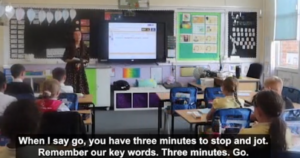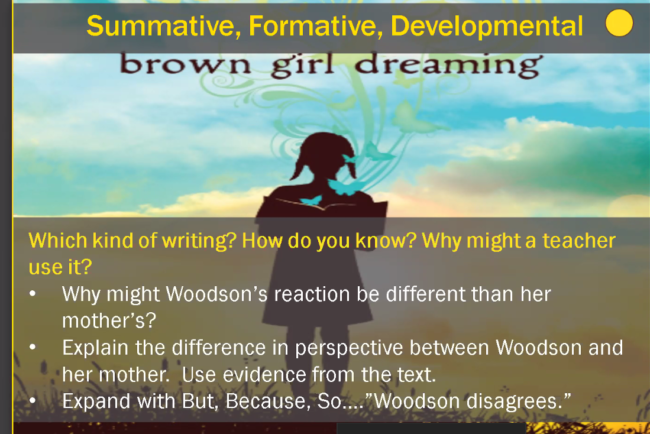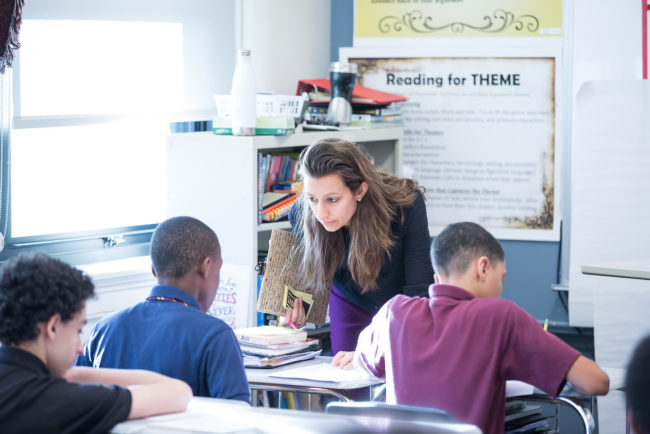07.23.24 Using Writing in The (Reading) Classroom–The Amazing Success of First Year Teacher Emily Fleming

Last week I had the pleasure of joining Kristen McQuillan, Natalie Wexler and Julia Cooper on a webinar sponsored by the Knowledge Matters campaign. Topic: The critical role of writing in reading comprehension. You can watch the webinar here: https://knowledgematterscampaign.org/post/writing-an-unsung-hero-of-reading-comprehension/ Meanwhile I thought I’d share a lovely video of a teacher using writing in…



